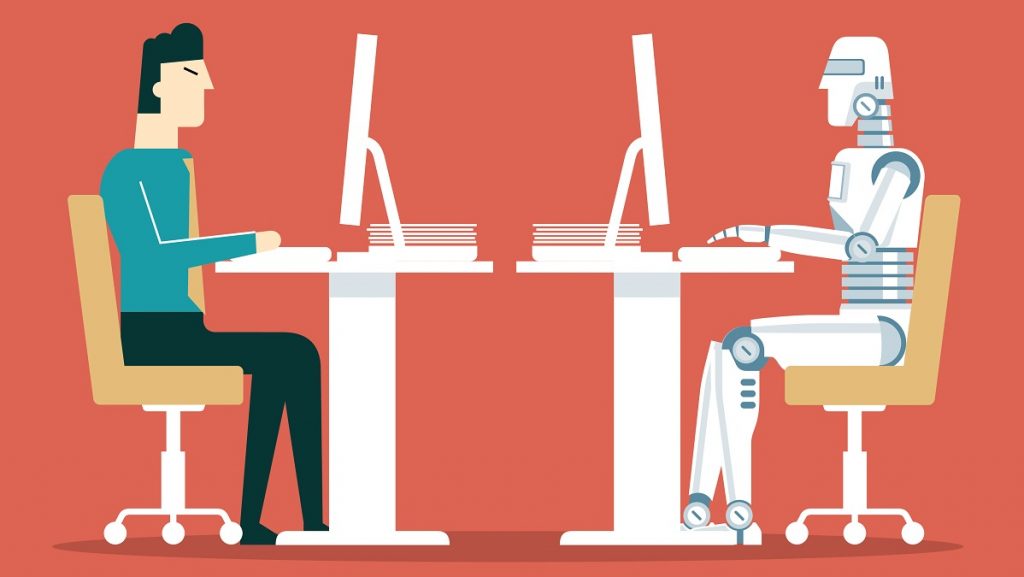by contributing editor, Corinium Global Intelligence
Forget about AI taking over jobs, the main benefit of the technology is to augment employee performance.
Artificial intelligence is often touted as a silver bullet for organisations that want to make the leap to become “digital”. In actual fact, it is a technology that can assist businesses that have already undergone some part of their transformation and are looking to further exploit the data they have at their fingertips. One of the key ways businesses can use AI is to boost employee productivity.
Technology analyst firm Gartner predicts that 70 per cent of organisations will integrate AI to assist employee productivity by 2021. That would include virtual personal assistants such as those found on smartphones and smart devices, as well as those integrated into email platforms. For example, x.ai acts as a personal assistant that schedules meetings for the busiest employees.
Then there are chatbots, which have become useful for businesses to communicate with customers, automating a large part of the most frequently asked questions and only referring customers to employees when they have a particularly tricky question. These types of chatbots could also be used internally – rather than businesses having to go to IT to solve a technical problem, they could go to an IT chatbot, or if there is a particular question about employee benefits, an HR chatbot could help.
“Digital workplace leaders will proactively implement AI-based technologies such as virtual assistants or other NLP-based conversational agents and robots to support and augment employees’ tasks and productivity,” said Helen Poitevin, senior research director at Gartner.
It’s not just with communication that AI can help to boost employee productivity. AI can be used in a HR setting to analyse hundreds of job applications – picking out only the best candidates, or employed in a bank for non-routine work.
“Non-routine tasks in the back offices of financial institutions are things like financial contract review or deal origination,” said Moutusi Sau, senior research director at Gartner. “While those tasks are complex and require manual intervention by human staff, AI technology can assist and augment the work of the staff by reducing errors and providing recommendation on the next best step.”
Initial use of AI may merely be to automate mundane tasks. However, the technology is advancing at pace, and there are technologies that can learn from its interactions using machine learning. This means that, for example, if a chatbot isn’t able to answer something, it will acknowledge how a human responded to the same question and factor this in next time it is asked.
However, while these tools can be helpful in many situations, it is important to ensure that they are well designed and make the best use of company data, as they could otherwise make employees less productive. This means that companies have to ensure that when they do undergo digital transformation, that their data is not held in siloes, is accessible, secure, and of high quality. In addition, if companies are using AI for recruitment, retention or promotion purposes, they need to ensure that the AI in place is not biased towards any specific demographic.
AI is not a silver bullet for digital transformation, but it can help companies already on their journeys to benefit even further.
Continue the conversation at Chief Data & Analytics Officers, Europe 2019, 24-25 September in Berlin where over 100 leaders in data & analytics will join for two days of top level discussion and networking.




